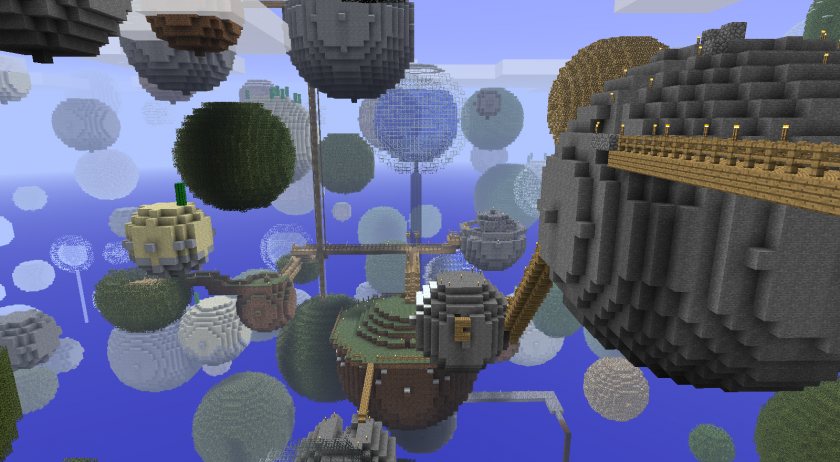Can kids learn from video games? Do kids spend far too much time playing video games? The answer to both of these questions is yes.
Video games have been demonstrated to improve skills such as selective attention, cognitive flexibility, problem solving, executive functions, and processing speed. Yet at the same time, excessive video-game play has been associated with psychological maladjustment, impaired academic performance, and even obesity.
Some video games are better for learning than others. Some are more likely to elicit overuse. The incredibly popular game Minecraft occupies both categories.
Minecraft is one of the best learning games. It allows kids to practice a variety of executive-functioning, social, and problem-solving skills while learning academic content ranging from math and physics to history and architecture. Minecraft is being used in classrooms all over the world as a powerful tool for teaching due to the complex nature of its design as well as the level of attention and persistence that it elicits from players.
[cjphs_content_placeholder id=”73593″ random=”no” ]Minecraft is also a game with which kids commonly become over-involved. Not only do kids play a lot of Minecraft, they also think and talk about it while they are away from the game. Because of its sandbox nature (Minecraft has a vast open world in which players can do what they like, explore what interests them, and choose unique adventures and side quests), it may be particularly hard for parents to get their kids to stop playing the game. Some games are easier for kids to put down: they can stop when they reach the end of a level or achieve other established in-game goals. A sandbox game such as Minecraft, however, has no clear stopping points, levels, or defined goals. The longer one plays a game such as Minecraft, the more challenges, opportunities, and privileges the game offers. These features make the game more cognitively engaging, but they also lend themselves to over-involvement. Additionally, in the survival mode of Minecraft, children often fear that others will destroy their accomplishments if they leave the game.
The risk of over-involvement while playing Minecraft is not an adequate reason to restrict a child from playing this immensely popular and cognitively challenging game. Parents and educators can and should find ways to develop strategies to use children’s fascination with Minecraft to help them learn and engage in other activities. For example, many avid Minecraft players have expanded their interests into computer coding, learning about architecture and history, participating in real-world construction projects, and creating videos and tutorials for others.
To learn more about learning opportunities in Minecraft, check out our posts on Minecraft projects (linked below) and our Minecraft playbook, which shows parents how to make Minecraft into an opportunity for learning flexibility, focus, organization, planning, time management, and math. You might also find it helpful to read our series on limit setting and specific strategies to regulate Minecraft play.
Minecraft Projects:
Bases, Organization, & Inventory
Watchtowers, Planning, & Navigation
Shelter, Focus, & Survival
Exploration, Flexibility, and the Joy of Cave Spelunking
Self-Awareness and Mapping Your World
Get a free copy of our newest ebook, Minecraft – Learning and Limits, when you become a LearningWorks for Kids member.




